Have you ever walked outside after it rains and noticed a pleasant, earthy smell in the air? Many people love that smell. But have you ever wondered what actually causes that lovely scent? The scientific name for this smell is petrichor, and it comes from a fascinating mix of natural processes. Let’s explore the science behind why rain smells so good and how our noses can pick it up on it.

What Is Petrichor?
The word petrichor comes from two Greek words: petra, meaning “stone,” and ichor, a fluid believed to flow in the veins of the gods in ancient mythology. Scientists first named this smell in the 1960s, and it refers to the earthy aroma that rises after rainfall, especially after a long dry spell.
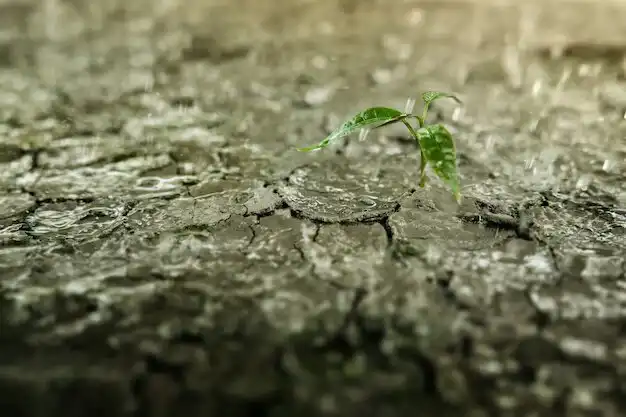
The reason we can smell rain is that certain chemicals are released into the air when water hits the ground. These chemicals are produced by plants, soil, and bacteria living in the earth. When rain falls, it stirs these substances up, and that’s when our noses notice that distinctive petrichor scent.
The Role of Bacteria
One of the main culprits behind the smell of rain is a type of bacteria called actinomycetes. These bacteria live in soil, particularly in dry conditions. They produce a compound called geosmin, which has a strong, earthy smell.

When it rains, water droplets hit the ground and disturb these bacteria. As the water hits the soil, it releases tiny bubbles of air that carry geosmin into the atmosphere, and that’s when we catch a whiff of that familiar, earthy scent. Our noses are incredibly sensitive to geosmin, and it takes just a tiny amount to notice the smell.
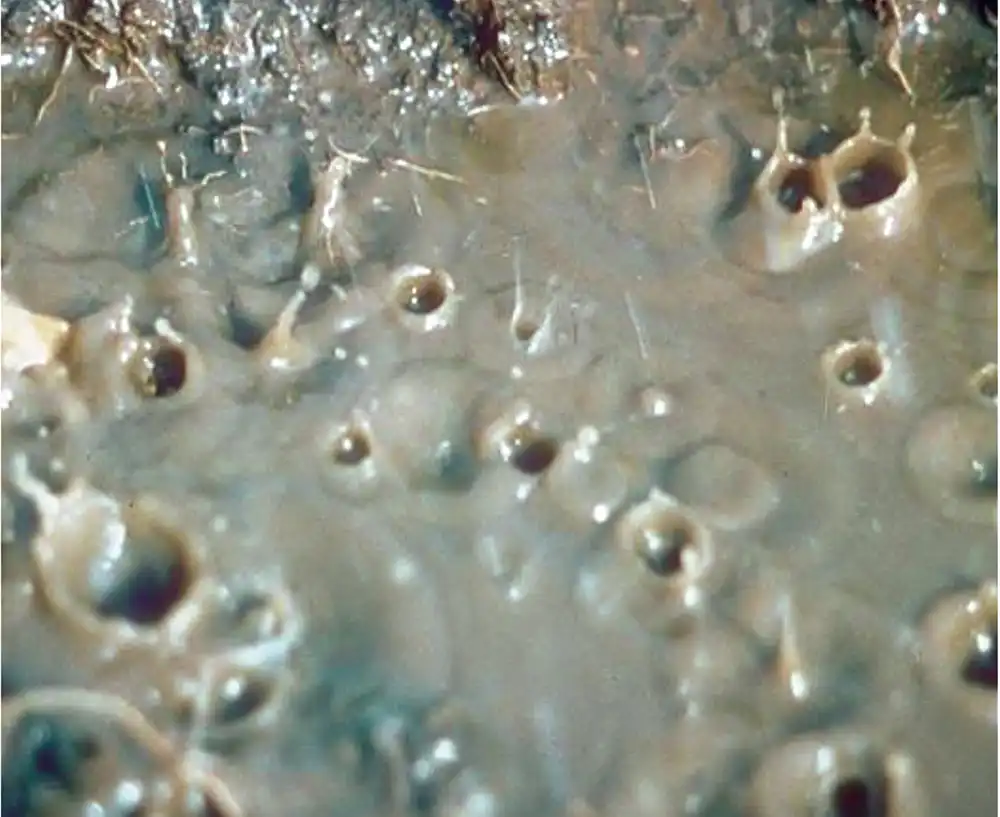
What Happens Before It Rains?
Sometimes, you might notice that you can smell rain even before it starts falling. How is that possible? The answer lies in the air.
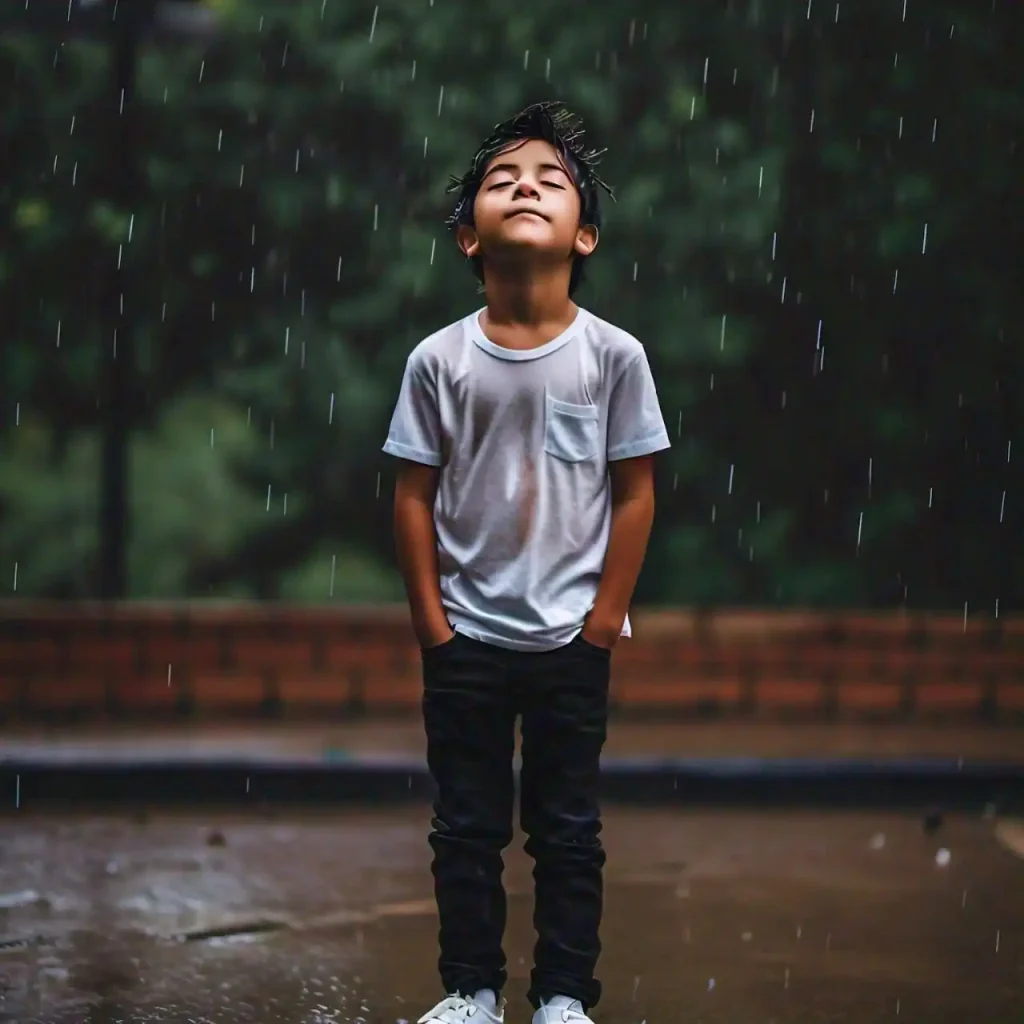
Before a storm, the air pressure drops, and the moisture in the air increases. As a result, plants and the ground release oils and other substances trapped in dry soil. This can make the air smell a little bit like rain, even before the first drop hits the ground.

Additionally, lightning during storms can split nitrogen and oxygen molecules in the atmosphere. These molecules come together to form ozone, which has a sharp, clean smell. Ozone is carried down to the ground by wind, and it mixes with the other scents to create the overall smell of rain.

Why Do We Love the Smell of Rain?
You might wonder why so many people love the smell of rain. The answer might have to do with our evolutionary history. Long ago, humans relied on rain to grow crops and get fresh water, so the scent of rain may have been a signal of survival. Even today, we may find comfort and joy in the smell of rain because it reminds us of nature and renewal.
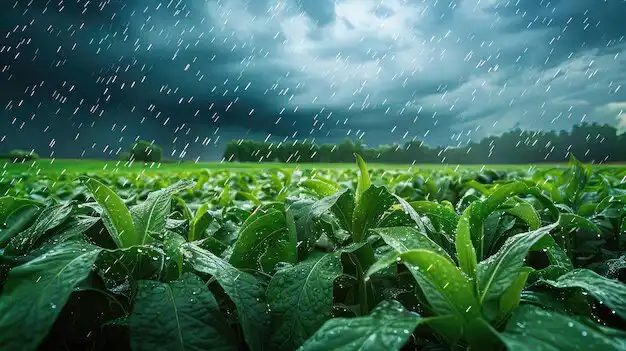
There’s also a special connection between the smell of rain and our emotions. The smell can make people feel relaxed, happy, and even nostalgic. Some scientists believe this might be because rain often signals a break from dry weather, bringing cooler temperatures and refreshing the land.

Other Contributors to Rain’s Smell
Rainwater itself doesn’t really have a smell. The fragrance we associate with rain comes from interactions between rain and the earth. However, there are other natural substances that contribute to the scent of rain:
- Plant Oils: During dry periods, plants release oils into the soil. When it rains, these oils are released back into the air, adding to the smell we detect after rainfall.
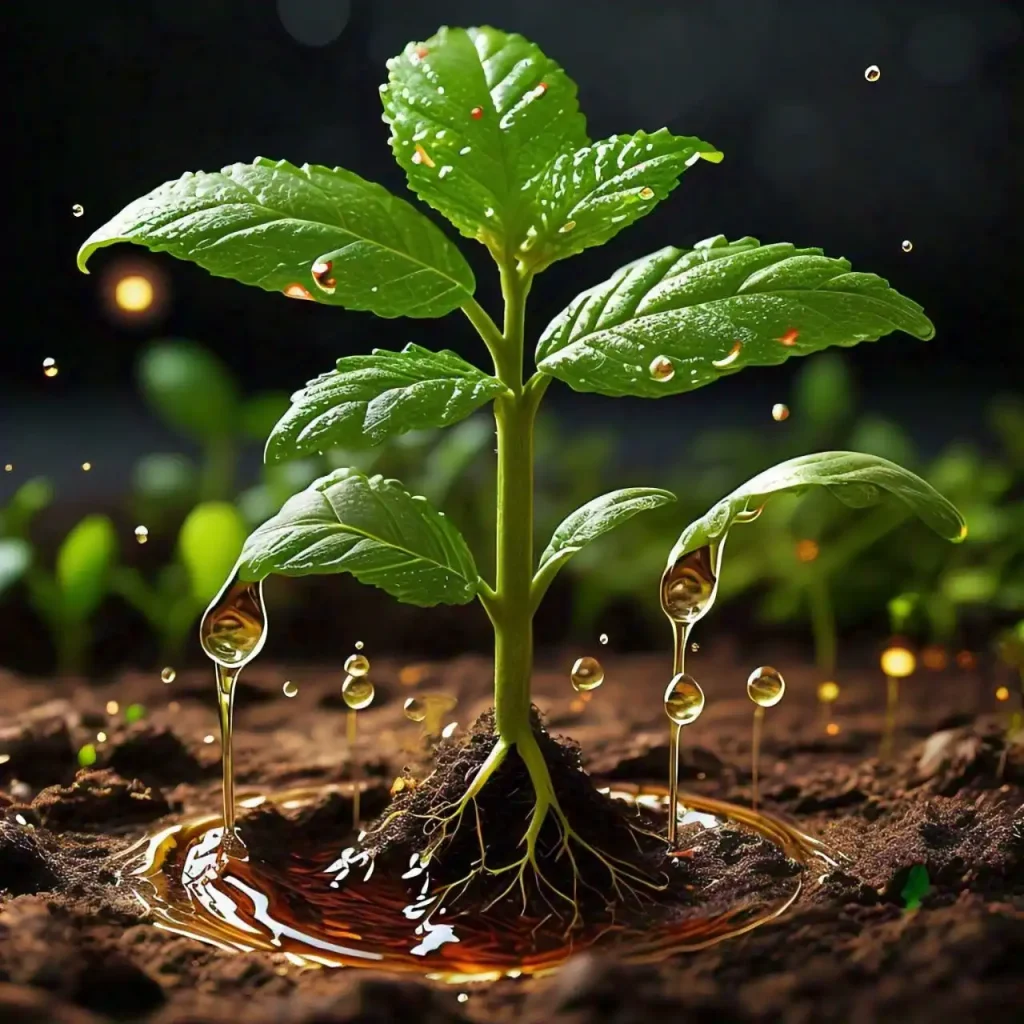
- Volatile Organic Compounds (VOCs): These are chemicals produced by plants and microbes. They can evaporate easily and contribute to the overall earthy scent after rain.
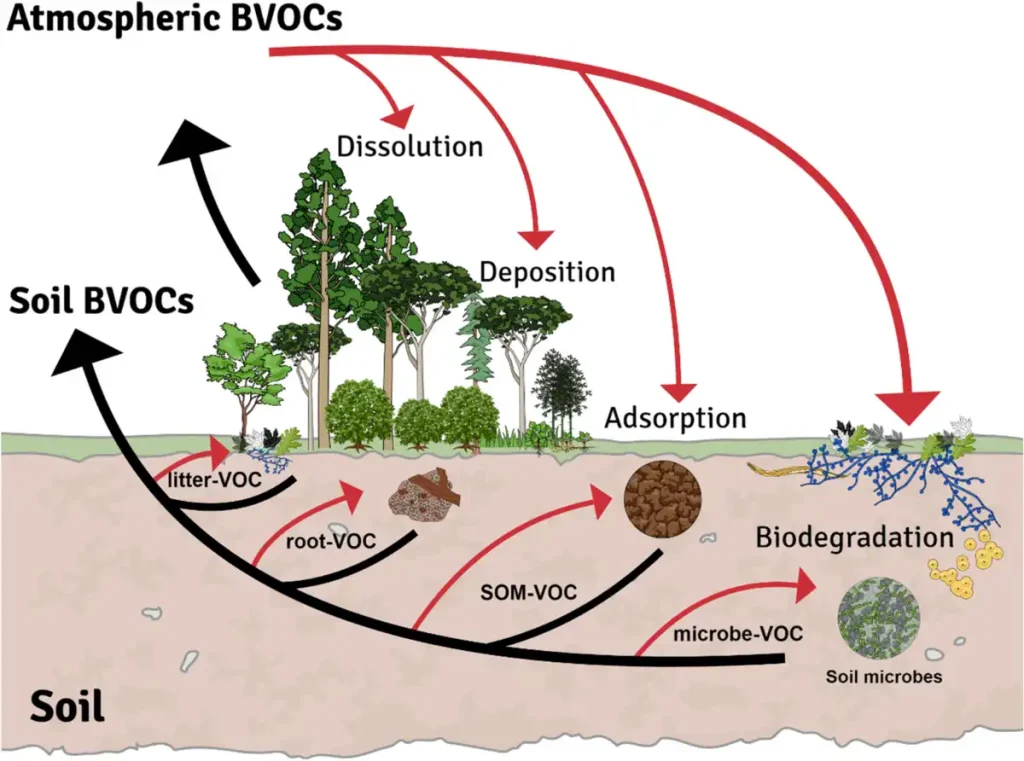
- Dust and Particles in the Air: Rain also cleanses the air by washing away dust and particles. This can leave the air smelling fresher and cleaner than before the rain began.
How Do We Smell Rain?
Our noses are quite powerful, and they can pick up tiny amounts of different substances in the air. Scientists have found that humans can detect geosmin in very small concentrations, as little as five parts per trillion! To give you an idea of how small that is, imagine being able to smell one drop of water in an entire swimming pool.

When geosmin and other chemicals are released into the air by rain, they enter our noses and activate special sensors that send signals to our brains. Our brains then recognise this combination of chemicals as the smell of rain. It’s a complex process that happens incredibly fast, allowing us to notice the rain’s scent almost immediately after it starts falling.

Petrichor Around the World
The smell of petrichor isn’t the same everywhere. It can vary depending on where you are in the world and the type of soil, plants, and climate in that area. In some tropical regions, the scent after rain might be more intense because of the rich, organic soil. In deserts, the smell can be stronger because the ground has been so dry for a long time, and the rain releases a more concentrated burst of scent.
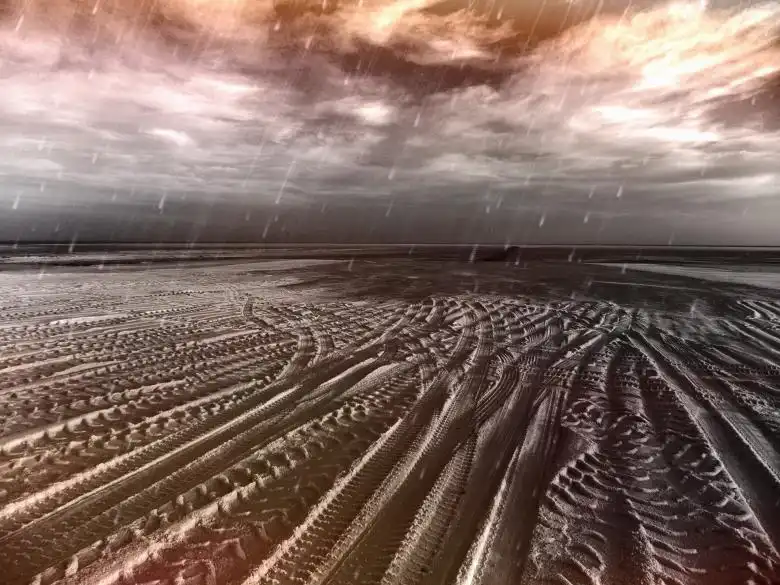
In forests, the scent might be mixed with the aroma of wet leaves and moss, adding to the complexity of the smell. Each region has its own version of petrichor, making rain a unique experience wherever you go.

Fun Facts About Petrichor
- You Can Smell Rain on Other Planets! Scientists believe that geosmin or similar compounds may exist on other planets like Mars. So, if you could stand on the surface of Mars during a rainstorm, you might smell something similar to petrichor.

- Petrichor in Perfume: The smell of rain is so popular that some perfume companies have tried to capture it in a bottle. These perfumes mimic the earthy, fresh scent of rain.

- The Power of Geosmin: Geosmin is so strong that even when fish contain tiny amounts of it, it can give them a muddy taste. This is why some freshwater fish have a slight earthy flavour.

Conclusion
The smell after rain is one of nature’s most comforting and beautiful aromas. It’s caused by a combination of bacteria, plant oils, and natural compounds that are released into the air when raindrops hit the ground. Whether you’re walking through a garden, a forest, or just stepping outside after a light shower, the smell of rain is something that connects us all to nature and reminds us of the beauty of the world around us.
For more interesting articles, please visit www.kidzherald.com





